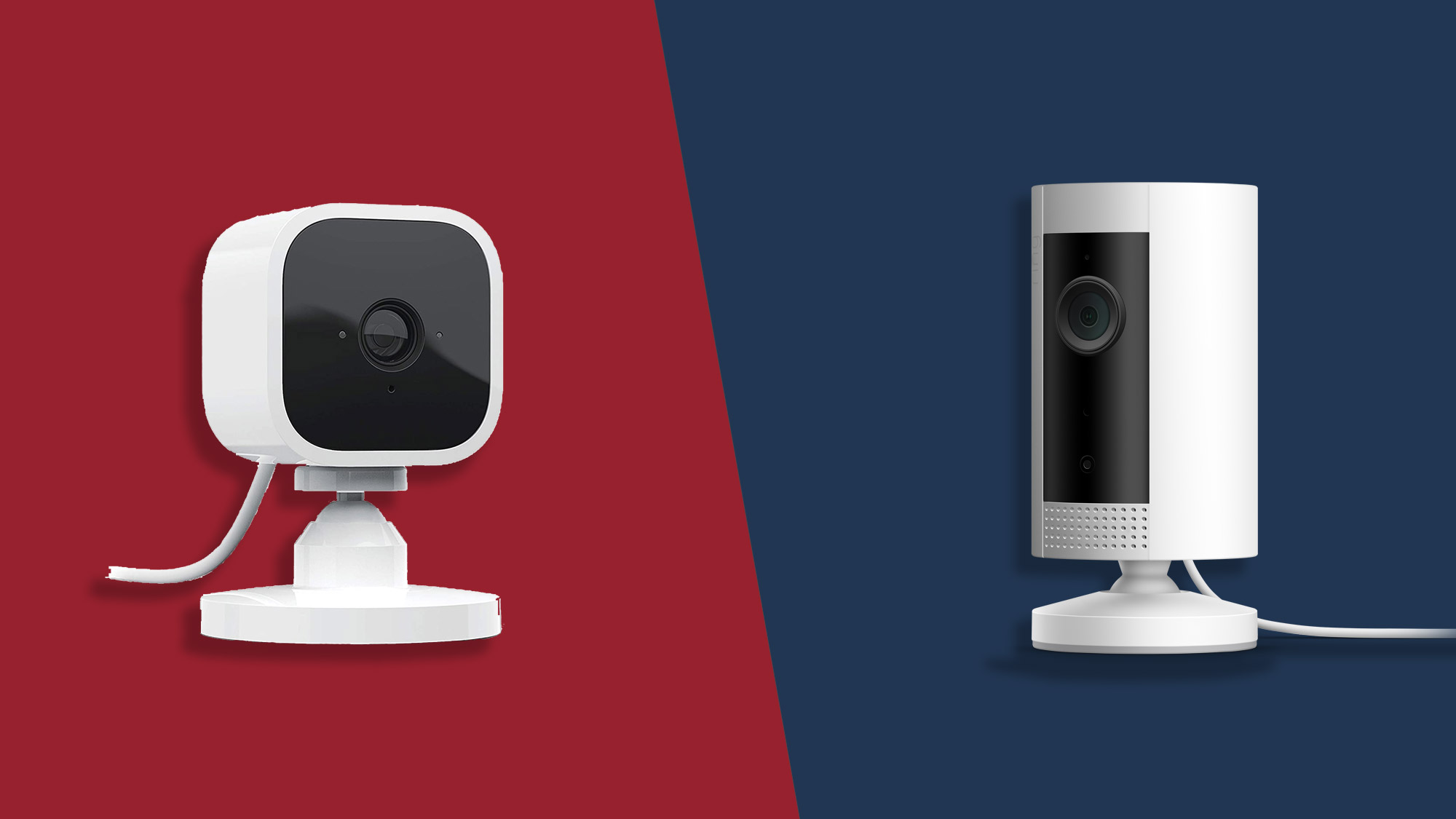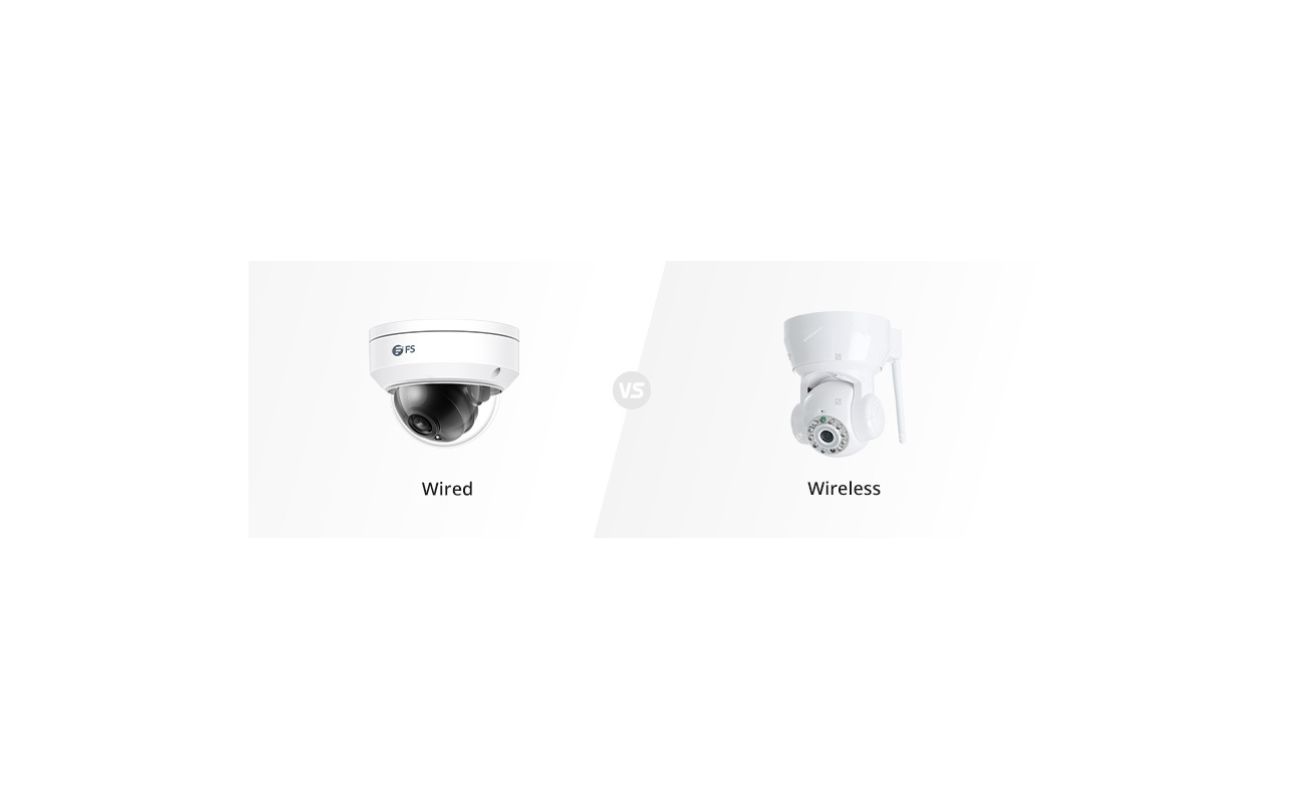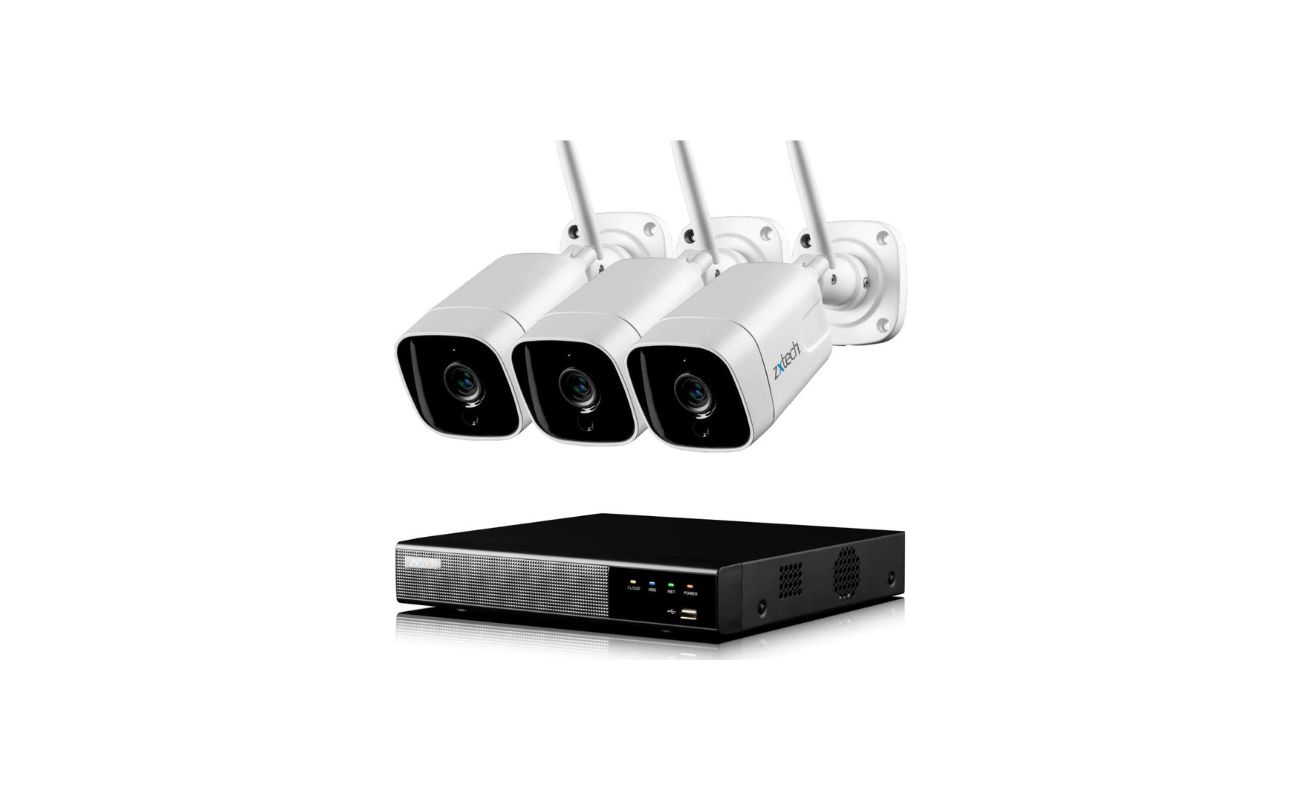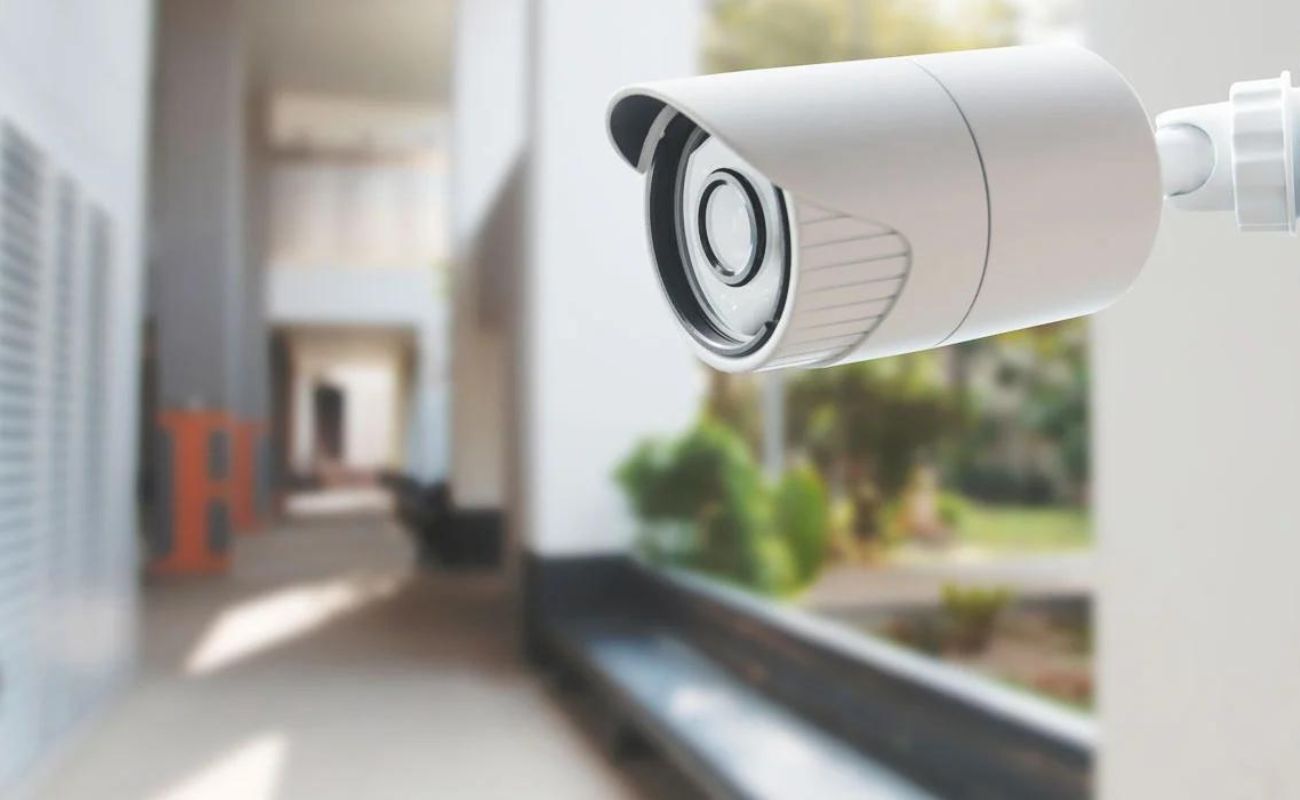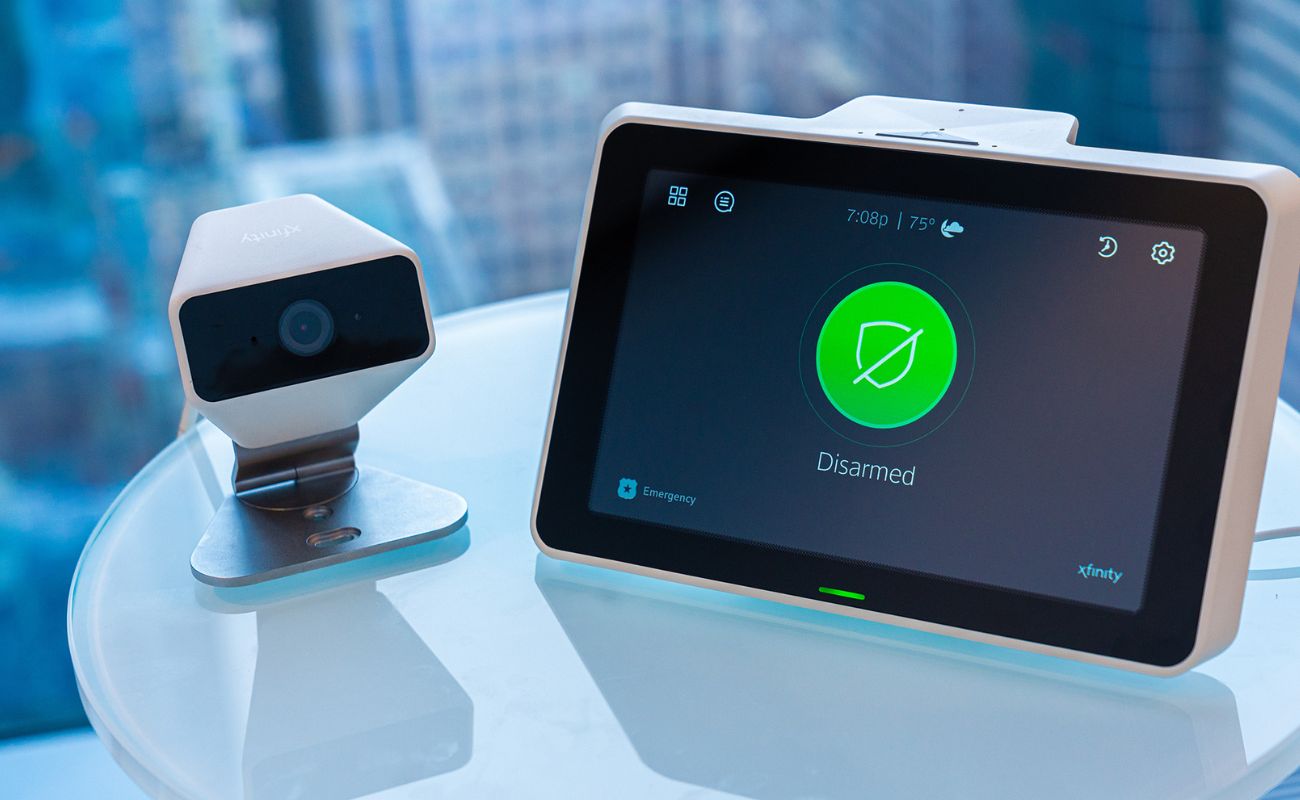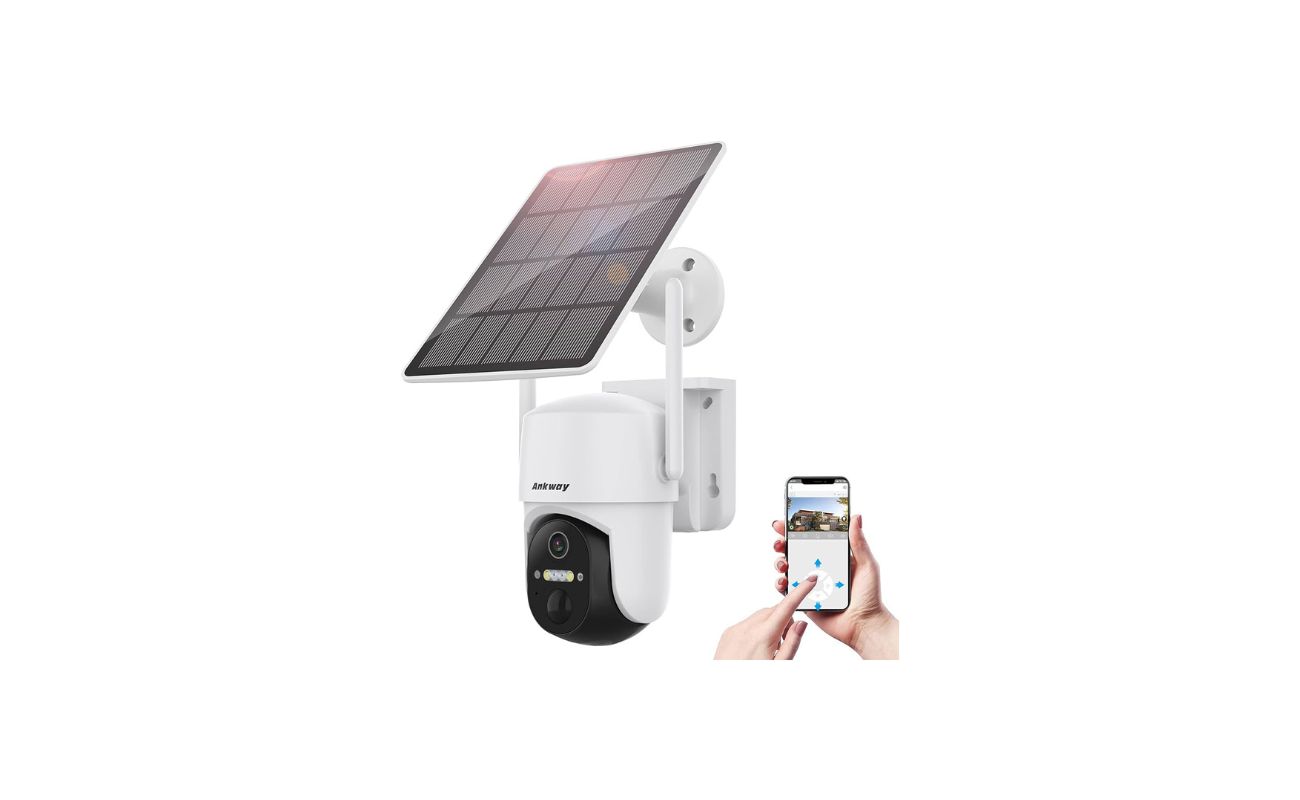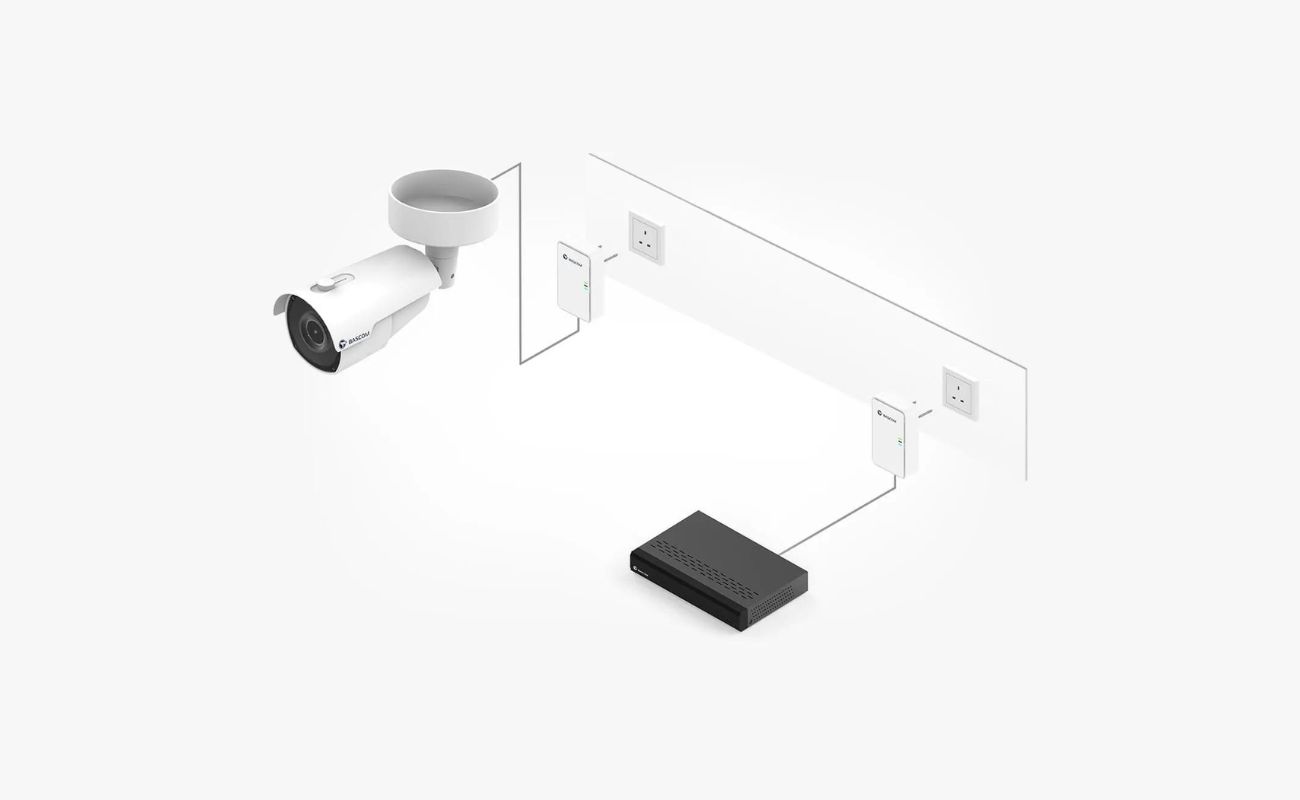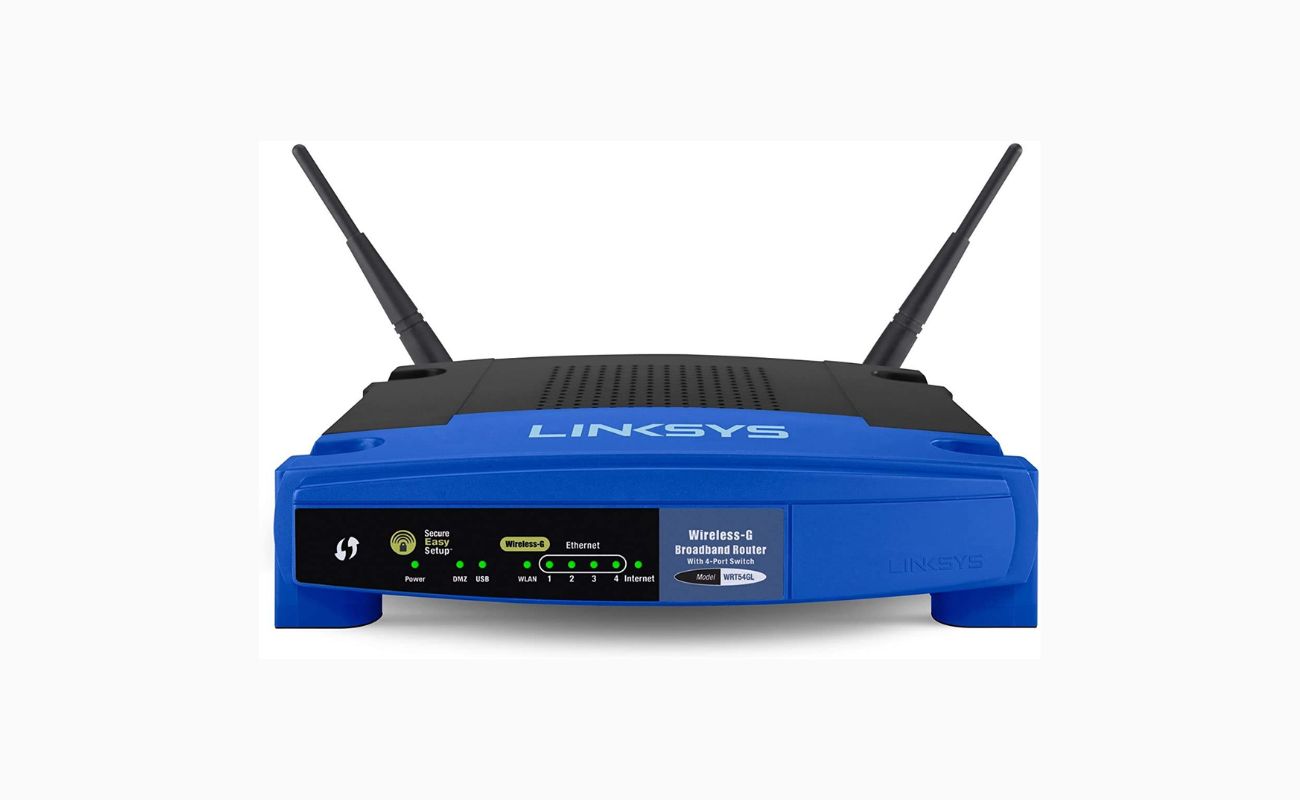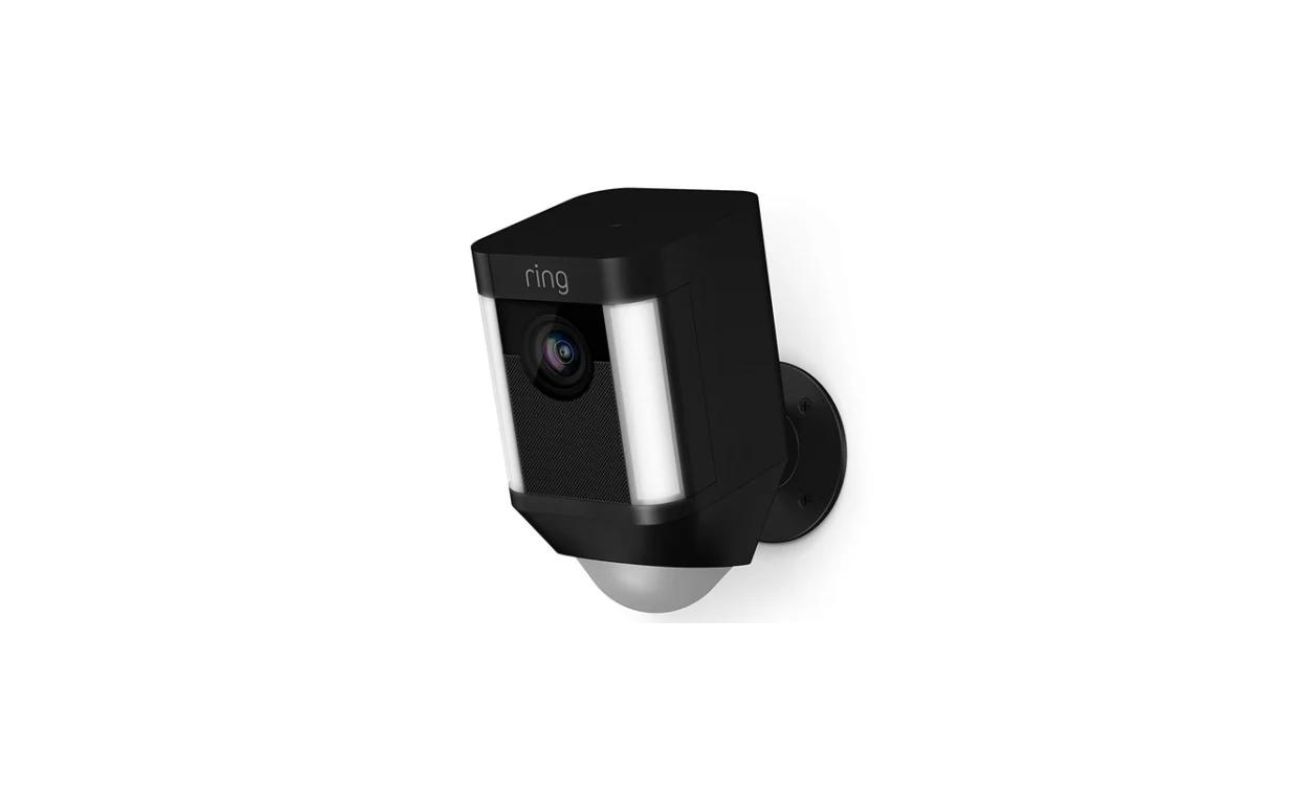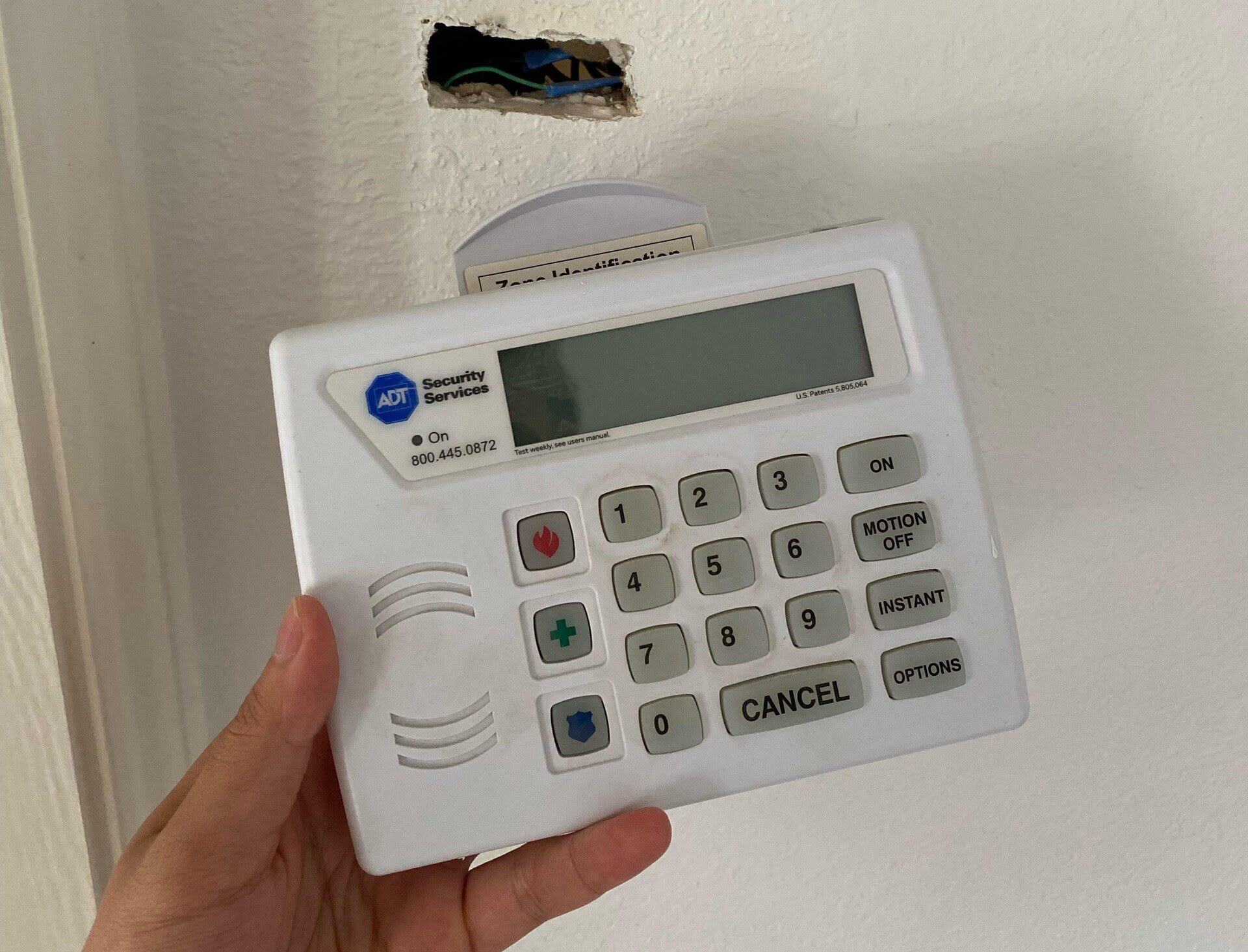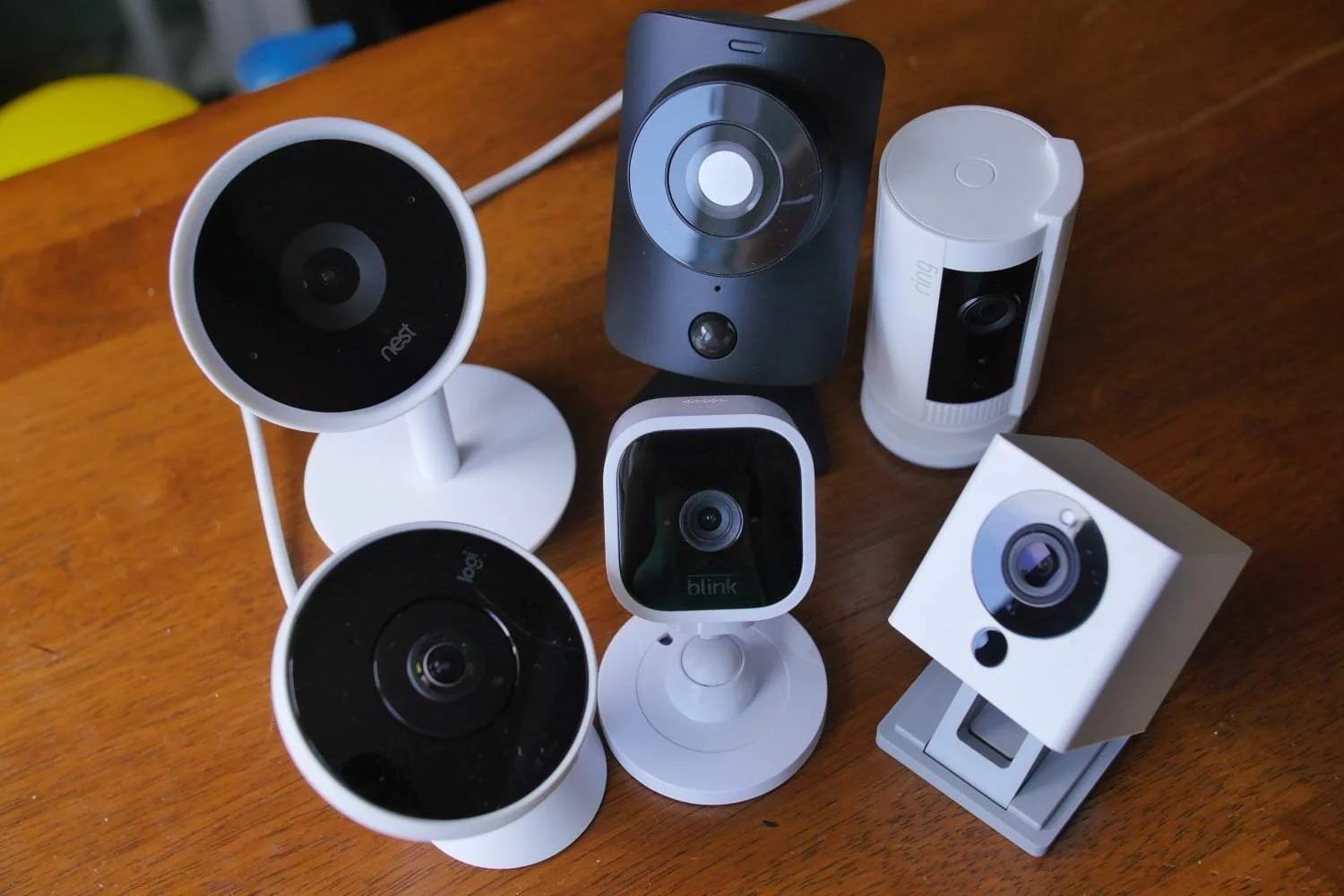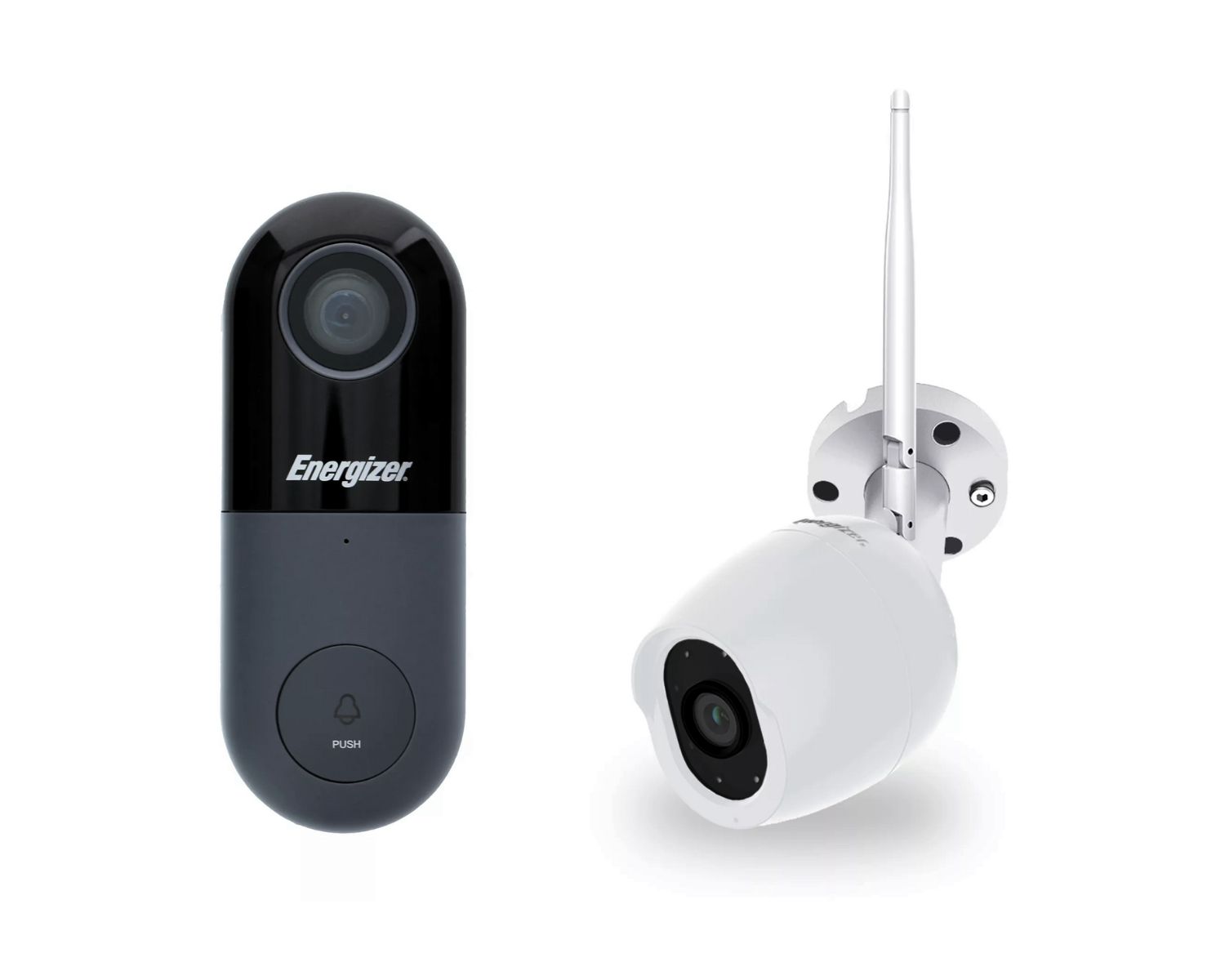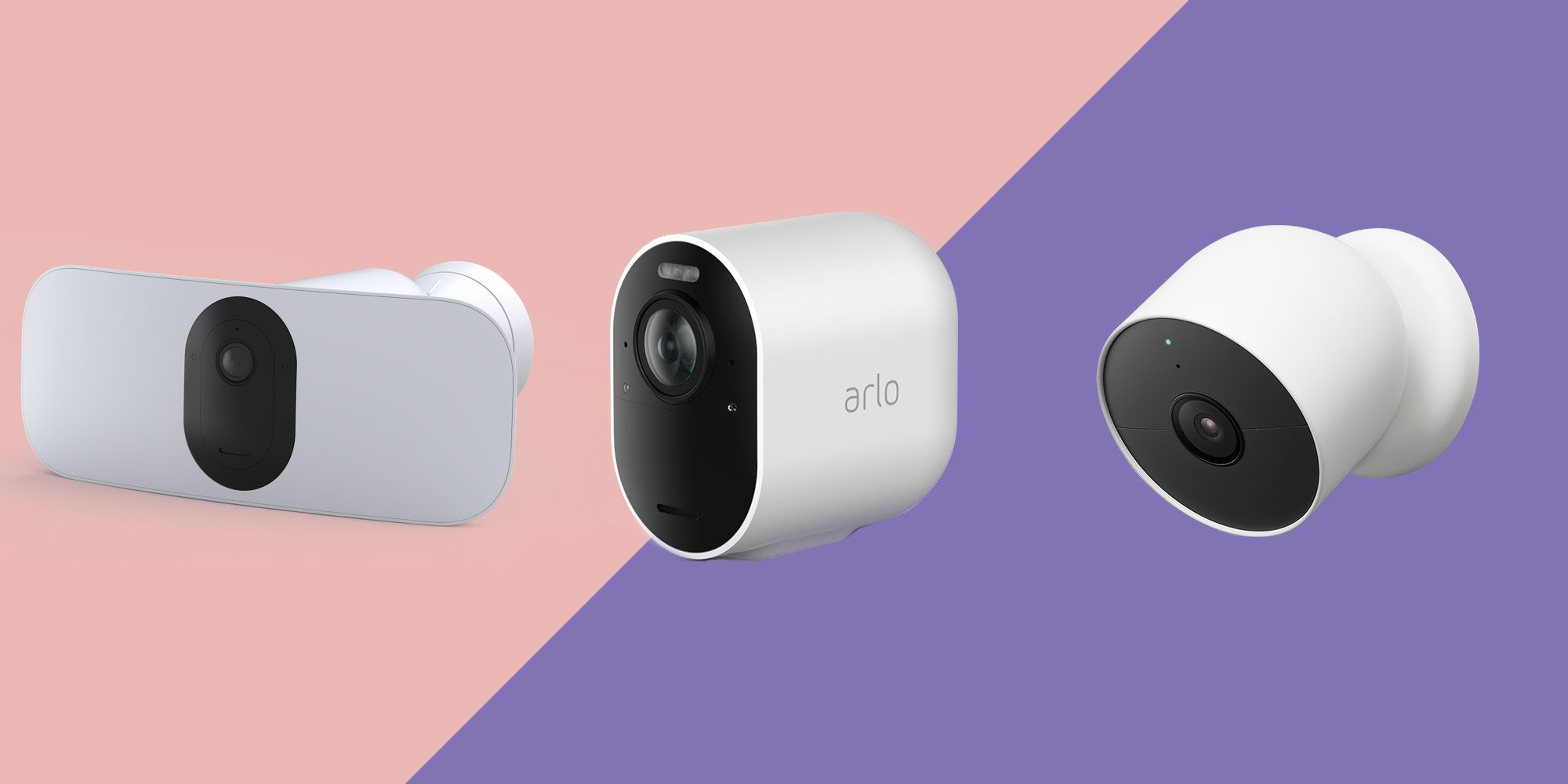Home>Home Security and Surveillance>Which Is Better: Wireless Or Wired Security Cameras
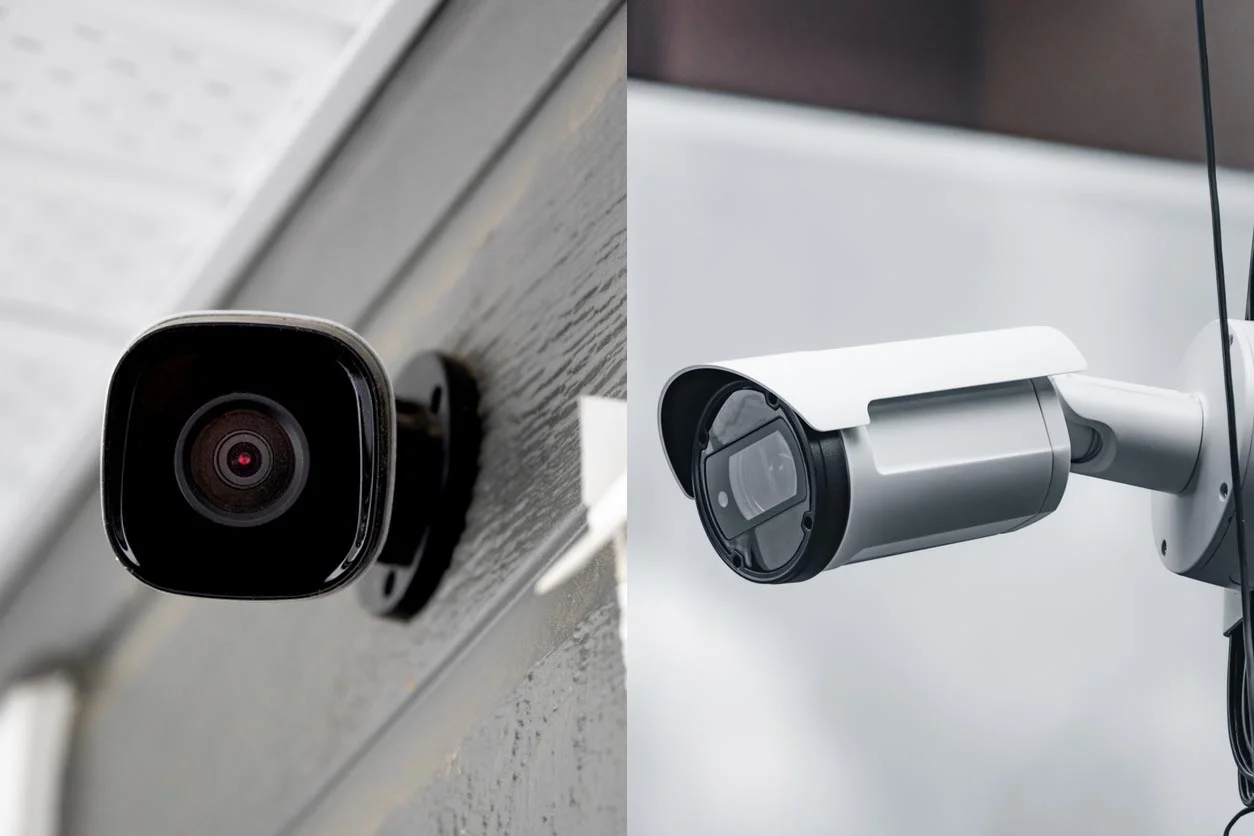

Home Security and Surveillance
Which Is Better: Wireless Or Wired Security Cameras
Modified: March 6, 2024
Find out which type of security camera is best for your home security and surveillance needs: wireless or wired. Compare the pros and cons to make an informed decision.
(Many of the links in this article redirect to a specific reviewed product. Your purchase of these products through affiliate links helps to generate commission for Storables.com, at no extra cost. Learn more)
Introduction
When it comes to ensuring the safety and security of your home, investing in a reliable surveillance system is of utmost importance. With the advancements in technology, home security systems have evolved significantly, offering homeowners a wide range of options to choose from. One of the key decisions to make is whether to opt for wireless or wired security cameras.
In this article, we will delve into the differences between wireless and wired security cameras, helping you make an informed decision based on your specific needs and preferences. We will explore the advantages and limitations of both options, along with factors to consider when making your choice.
So, let’s dive in and discover which is better: wireless or wired security cameras.
Key Takeaways:
- Wireless security cameras offer easy installation, flexibility in placement, and remote access. They are convenient for monitoring, but may experience signal interference and require regular battery maintenance.
- Wired security cameras provide a reliable connection, high video quality, and a more secure surveillance solution. They are best for permanent installations, but have complex installation and limited flexibility in placement.
Overview of Wireless Security Cameras
Wireless security cameras, as the name suggests, operate without the need for physical cables or wires. Instead, they utilize wireless technology, such as Wi-Fi or Bluetooth, to transmit video and audio signals.
These cameras are easy to install and can be placed virtually anywhere within your property, as long as there is a stable wireless connection. They eliminate the need for extensive wiring, which can be time-consuming and require professional installation.
Wireless security cameras are available in various forms, including battery-powered cameras and cameras that require a power source. Battery-powered cameras offer the advantage of being completely wire-free, providing flexibility in terms of camera placement.
Most wireless cameras feature motion detection, which allows them to start recording when motion is detected. This not only helps conserve storage space but also alerts you of any suspicious activity in real-time.
Furthermore, many models come equipped with night vision capabilities, enabling clear surveillance footage even in low-light conditions. This makes wireless security cameras suitable for both indoor and outdoor use.
Remote access is another noteworthy feature of wireless security cameras. Through a smartphone app or web interface, you can monitor your camera feeds, playback recorded footage, and even receive notifications on your mobile device when motion is detected.
Overall, wireless security cameras offer convenience, flexibility, and ease of use. With their wireless capabilities and remote access functionality, they provide a seamless surveillance experience, allowing you to keep an eye on your property from anywhere at any time.
Advantages of Wireless Security Cameras
Wireless security cameras offer several advantages that make them a popular choice among homeowners. Let’s explore some of the key benefits:
- Ease of Installation: One of the biggest advantages of wireless security cameras is their ease of installation. Without the need for complicated wiring, you can set up a wireless camera system in a matter of minutes. This not only saves you time but also eliminates the need for professional installation, reducing costs.
- Flexibility in Placement: Wireless cameras can be placed anywhere within the range of your wireless network, giving you the flexibility to position them based on your specific surveillance needs. Whether you want to monitor the front entrance, backyard, or any other area of your property, wireless cameras can be easily moved and adjusted as required.
- No Wires or Cables: The absence of wires or cables not only makes the installation process hassle-free but also eliminates the risk of potential tripping hazards. You won’t have to worry about hiding or managing cables, making wireless cameras a seamless and visually appealing security solution.
- Remote Access: Wireless security cameras offer the convenience of remote access. Through a dedicated smartphone app or web interface, you can view live footage, playback recorded videos, and even modify camera settings from anywhere with an internet connection. This means you can keep an eye on your home even when you’re away.
- Expandability: Wireless camera systems are highly flexible and can be easily expanded as your surveillance needs grow. You can add more cameras to cover additional areas or upgrade your existing setup without any major infrastructure changes. This scalability makes wireless cameras a cost-effective long-term solution for your home security needs.
- Disruption-Free Installation: Unlike wired cameras that require drilling holes and potentially damaging walls, wireless cameras can be installed without any disruption to your property. This is especially beneficial for renters or those who don’t want to make permanent modifications to their living space.
Overall, the advantages of wireless security cameras include easy installation, flexibility in placement, no wires or cables, remote access, expandability, and disruption-free installation. These features make wireless cameras a convenient, versatile, and reliable choice for home surveillance.
Limitations of Wireless Security Cameras
While wireless security cameras offer many benefits, it’s important to be aware of their limitations as well. Consider the following factors before making a decision:
- Wireless Signal Interference: The wireless signal used by these cameras can be susceptible to interference from other electronic devices or physical obstacles such as walls or large objects. This interference can disrupt the video transmission and affect the quality and reliability of the footage. It’s crucial to ensure a strong and stable Wi-Fi connection in the areas where the cameras will be installed.
- Power Source: While some wireless cameras are battery-powered, others still require a power source. Battery-powered cameras offer the advantage of flexibility in terms of placement but require consistent monitoring and periodic battery replacements. Cameras that require a power source need to be located near an electrical outlet, which may limit their placement options.
- Limited Range: The range of wireless security cameras can vary depending on the specific model and the strength of your wireless network. If the camera is located far from the router or faces significant obstacles, the signal strength may degrade, leading to reduced video quality or loss of connectivity. It’s important to consider the range limitations of wireless cameras when planning their placement.
- Bandwidth Considerations: Streaming high-quality video from multiple wireless cameras requires a sufficient internet bandwidth. If your network has limited bandwidth, the performance of your other connected devices may be affected. To ensure smooth operation, it’s recommended to have a reliable and robust internet connection capable of handling the data load from your cameras.
- Vulnerability to Hacking: Wireless security cameras are connected to your home network, which can make them potentially vulnerable to hacking attempts. It’s crucial to prioritize security measures such as using strong passwords, enabling two-factor authentication, and keeping your camera firmware up to date. Regularly monitoring your network and implementing additional security features can help minimize the risk of unauthorized access to your camera feeds.
- Dependence on Power and Internet: Wireless security cameras rely on a stable power source and internet connectivity. In the event of a power outage or internet disruption, the cameras may become temporarily non-functional. This can leave gaps in your surveillance coverage during critical moments. Having backup power options, such as uninterruptible power supplies (UPS), can help mitigate this limitation.
Despite these limitations, wireless security cameras continue to be a popular choice for homeowners due to their ease of installation, flexibility in placement, and remote access capabilities. By understanding these limitations and taking appropriate measures, you can maximize the effectiveness of wireless cameras for your home security needs.
Overview of Wired Security Cameras
Wired security cameras, as the name suggests, require physical cables or wires to operate. These cables are used to transmit power and video signals between the camera and the recording device or monitoring station.
Unlike wireless cameras, which rely on wireless technology, wired cameras provide a reliable and consistent connection. This makes them a preferred choice for those who prioritize stability and consistent video quality.
Wired security cameras come in different types, including analog and IP cameras. Analog cameras transmit video signals in analog format and are compatible with traditional CCTV systems. On the other hand, IP cameras use digital signals and offer higher resolution and more advanced features.
Installation of wired security cameras typically involves running cables from the camera to the recording device or monitoring station. The cables can be hidden in walls, ceilings, or conduits to maintain a clean and organized look. Professional installation is often recommended for wired camera systems to ensure proper placement and cable management.
Wired cameras are generally more suitable for permanent installations, as the cables need to be routed and connected to the recording device or monitoring station. This makes them an ideal choice for homeowners who prioritize long-term surveillance and don’t require the flexibility of wireless placement options.
Many wired cameras come with additional features such as infrared night vision, motion detection, and weather resistance. These features enhance the overall security and reliability of the camera system, making them suitable for both indoor and outdoor use.
Overall, the use of cables in wired security cameras ensures a stable and reliable connection, making them a popular choice for those who prioritize consistent video quality and long-term surveillance needs.
When choosing between wireless and wired security cameras, consider the reliability of a wired connection versus the convenience of a wireless setup. Wired cameras may be more secure and have consistent power, while wireless cameras offer easier installation and flexibility in placement.
Advantages of Wired Security Cameras
Wired security cameras offer several advantages that make them a preferred choice for many homeowners. Let’s explore some of the key benefits:
- Reliable Connection: Wired security cameras provide a reliable and stable connection compared to their wireless counterparts. By using physical cables, the cameras are not susceptible to signal interference or drops in connectivity. This ensures consistent video quality and reduces the risk of interruptions in the surveillance feed.
- High Video Quality: Wired cameras often offer higher video quality, especially IP cameras, which capture footage in digital format. This results in sharper and more detailed images, allowing for better identification and analysis of events. If you prioritize clear and high-resolution footage, wired cameras are an excellent choice.
- Consistent Power Source: Unlike battery-powered wireless cameras, wired cameras draw power from a continuous power supply. This means you don’t have to worry about battery life or changing batteries regularly. Wired cameras are always ready to capture footage, providing reliable and uninterrupted surveillance.
- Longer Cable Lengths: Wired security cameras allow for longer cable lengths, which makes them suitable for larger properties or areas that require extensive coverage. The extended cable length ensures that you can position the cameras at optimal locations without the need for additional power sources or signal boosters.
- Reduced Vulnerability: Wired cameras have a reduced vulnerability to hacking compared to wireless cameras. Since they are not connected to the internet directly, wired cameras offer a more secure surveillance solution. This is especially important for those concerned about the privacy and integrity of their camera feeds.
- Compatibility with Existing Infrastructure: If you have an existing CCTV system or surveillance infrastructure, wired cameras are often compatible with these setups. This allows you to easily upgrade your system by replacing analog cameras with higher-resolution IP cameras, enhancing your security capabilities without major reconfigurations.
These advantages of wired security cameras, including reliable connection, high video quality, consistent power source, longer cable lengths, reduced vulnerability to hacking, and compatibility with existing infrastructure, make them a popular choice for homeowners who prioritize reliability, security, and optimal video performance.
Limitations of Wired Security Cameras
While wired security cameras offer several advantages, there are also limitations that you should consider when deciding on the best surveillance system for your home. Here are some important factors to keep in mind:
- Installation Complexity: Wired security cameras require physical cables to be routed from the camera to the recording device or monitoring station. This installation process can be more complex and time-consuming compared to wireless cameras. It may involve drilling holes, running cables through walls or conduits, and potentially requiring professional installation services, especially for larger or more intricate setups.
- Reduced Flexibility in Placement: With wired cameras, your placement options are limited by the cable length and routing requirements. The cameras need to be positioned within the reach of the cables, which may restrict your flexibility in covering certain areas of your property. It’s important to plan the camera placements carefully to ensure optimal coverage.
- Higher Installation Costs: Due to the complexity and labor involved in running cables and setting up wired camera systems, the installation costs for wired cameras are generally higher compared to wireless systems. In addition to the labor costs, you may also need to purchase additional accessories such as cable clips, conduits, or junction boxes to ensure a clean and organized installation.
- Greater Disruption to Property: The installation of wired cameras may require drilling holes and running cables through walls or ceilings. This can cause some disruption to your property, especially if you have finished walls or limited access to the installation areas. Consider the potential impact on aesthetics and be prepared for minor repairs or touch-ups after the installation process.
- Dependence on Power and Cables: Wired security cameras rely on a stable power source and physical cables for operation. In the event of a power outage, the cameras may become non-functional, which can result in gaps in your surveillance coverage during critical moments. It’s essential to ensure a reliable power supply and take precautions, such as using backup power options or uninterruptible power supplies (UPS), if continuous surveillance is a priority.
- Limited Scalability: Once the cables are installed and the system is set up, making changes or expansions to the wired camera system can be more challenging. Adding additional cameras may require additional cabling and hardware modifications, which can be time-consuming and costly. It’s important to plan for future needs and ensure that the system is scalable to accommodate any potential growth.
Despite these limitations, wired security cameras offer a reliable and high-quality surveillance solution for homeowners. By properly considering these limitations and factoring them into your decision-making process, you can determine if a wired camera system is the right choice for your specific home security needs.
Comparison of Wireless and Wired Security Cameras
When choosing between wireless and wired security cameras, it’s crucial to consider the specific advantages and limitations of each option. Let’s compare these two types of cameras to help you make an informed decision:
- Installation: Wireless cameras are much easier to install compared to wired cameras as they don’t require cables or extensive wiring. You can place wireless cameras virtually anywhere within your property, providing flexibility in placement. On the other hand, wired cameras require professional installation and cable routing, which can be more complex and time-consuming.
- Reliability: Wired cameras offer a more stable and reliable connection as they are not affected by wireless signal interference. They consistently provide high-quality video feeds without interruptions. Wireless cameras, while convenient, may experience signal interference or drops in connectivity, impacting the reliability and quality of the footage.
- Power Source: Wireless cameras can be battery-powered or require a power source, providing flexibility in placement. Battery-powered wireless cameras offer complete wire-free installation, but regular battery maintenance is required. Wired cameras draw power from a continuous source, eliminating the need for battery replacements. However, their placement is limited by the availability of electrical outlets.
- Flexibility: Wireless cameras provide more flexibility in terms of placement, allowing you to easily move and adjust them as needed. They are suitable for temporary installations or situations where mobility is required. In contrast, wired cameras have more limited placement options due to the need for cable routing, making them ideal for permanent installations or areas requiring consistent coverage.
- Video Quality: Wired cameras generally offer higher video quality, especially IP cameras that capture footage in digital format. They provide sharper and more detailed images, making it easier to identify people or objects. Wireless cameras, while capable of producing decent video quality, may have limitations due to compression or signal strength.
- Security: Wired cameras have a reduced vulnerability to hacking compared to wireless cameras, as they are not directly connected to the internet. This can provide peace of mind for those concerned about privacy and unauthorized access. However, both wired and wireless cameras can have security vulnerabilities, so it’s crucial to implement proper security practices and keep firmware updated.
Ultimately, the choice between wireless and wired security cameras depends on your specific needs and preferences. If ease of installation, flexibility, and remote access are important to you, wireless cameras may be the better option. On the other hand, if reliability, high video quality, and a more secure connection are your priorities, wired cameras are worth considering.
Consider factors such as your property size, desired camera placement, power source availability, and overall surveillance requirements when making your decision. It may also be beneficial to consult with a professional to determine the most suitable camera system for your home security needs.
Factors to Consider When Choosing Between Wireless and Wired Security Cameras
When deciding between wireless and wired security cameras, it’s important to consider several factors that can help you make an informed decision. Here are key considerations to keep in mind:
- Installation Complexity: Evaluate how comfortable you are with installation processes. Wireless cameras are generally easier to install since they don’t require cables or extensive wiring. On the other hand, wired cameras may require professional installation due to the complexities of cable routing and connections.
- Reliability and Quality: Assess the importance of a stable connection and high-quality video footage. Wired cameras offer a more reliable connection, free from signal interference, while wireless cameras may be susceptible to connectivity issues and signal interference. Wired cameras also tend to provide higher video quality, especially IP cameras, which capture footage in digital format.
- Placement Flexibility: Determine the flexibility you need in camera placement. Wireless cameras provide more flexibility as they can be placed virtually anywhere within the range of your wireless network. Wired cameras, on the other hand, have limited placement options due to the need for cable routing and connection to power sources.
- Power Source: Consider the availability of power sources at desired camera locations. Wireless cameras can be battery-powered, offering the advantage of wire-free installation and flexibility in placement. Wired cameras, however, require access to electrical outlets, which may limit their placement options.
- Scalability: Think about the scalability of the camera system. Wireless cameras are often more scalable as you can easily add or relocate cameras without the need for extensive wiring. Wired camera systems may require additional cable routing and hardware modifications to accommodate additional cameras.
- Security Concerns: Evaluate your concerns regarding the security of the camera system. Wired cameras have a reduced vulnerability to hacking since they are not directly connected to the internet. However, both wired and wireless cameras can have security vulnerabilities, so it’s important to implement proper security measures and keep the firmware updated.
- Budget and Cost: Consider your budget and the associated costs of the camera system. Wireless cameras generally have lower upfront costs since they require less equipment and installation labor. Wired cameras, with their professional installation and required cables, may have higher upfront costs. However, overall costs can vary based on the specific camera models and additional equipment needed.
By carefully evaluating these factors, you can determine which type of security camera system best suits your needs. Consider your priorities in terms of installation ease, reliability, flexibility, power sources, scalability, security, and budget. It can also be helpful to consult with a professional to get expert advice tailored to your specific situation and requirements.
Conclusion
Choosing between wireless and wired security cameras is an important decision that requires careful consideration of various factors. Each option has its own advantages and limitations, and the right choice ultimately depends on your specific needs and preferences.
Wireless security cameras offer convenience, easy installation, flexibility in placement, and remote access capabilities. They are ideal for those seeking a hassle-free setup and the flexibility to monitor their property from anywhere with an internet connection. However, they may be susceptible to signal interference, have limited range, and require regular battery maintenance.
On the other hand, wired security cameras provide a reliable connection, high video quality, and a more secure surveillance solution. They are best suited for permanent installations and those who prioritize stability, consistent power sources, and maximum video performance. However, their installation is more complex and costly, with limited flexibility in camera placement.
When deciding between wireless and wired cameras, consider factors such as installation complexity, reliability, flexibility, power sources, scalability, security concerns, and budget. Understanding your specific needs and priorities will help you make an informed decision that aligns with your home security requirements.
It’s also advisable to consult with professionals in the field who can assess your property and provide tailored recommendations based on their expertise. Installing a reliable and effective security camera system is an investment in the safety and security of your home, and it’s essential to choose the option that best suits your unique circumstances.
In the end, the choice between wireless and wired security cameras is subjective, and there is no one-size-fits-all solution. Consider the advantages and limitations of each type, weigh them against your specific needs, and choose the camera system that provides you with peace of mind and confidence in the security of your home.
Frequently Asked Questions about Which Is Better: Wireless Or Wired Security Cameras
Was this page helpful?
At Storables.com, we guarantee accurate and reliable information. Our content, validated by Expert Board Contributors, is crafted following stringent Editorial Policies. We're committed to providing you with well-researched, expert-backed insights for all your informational needs.
